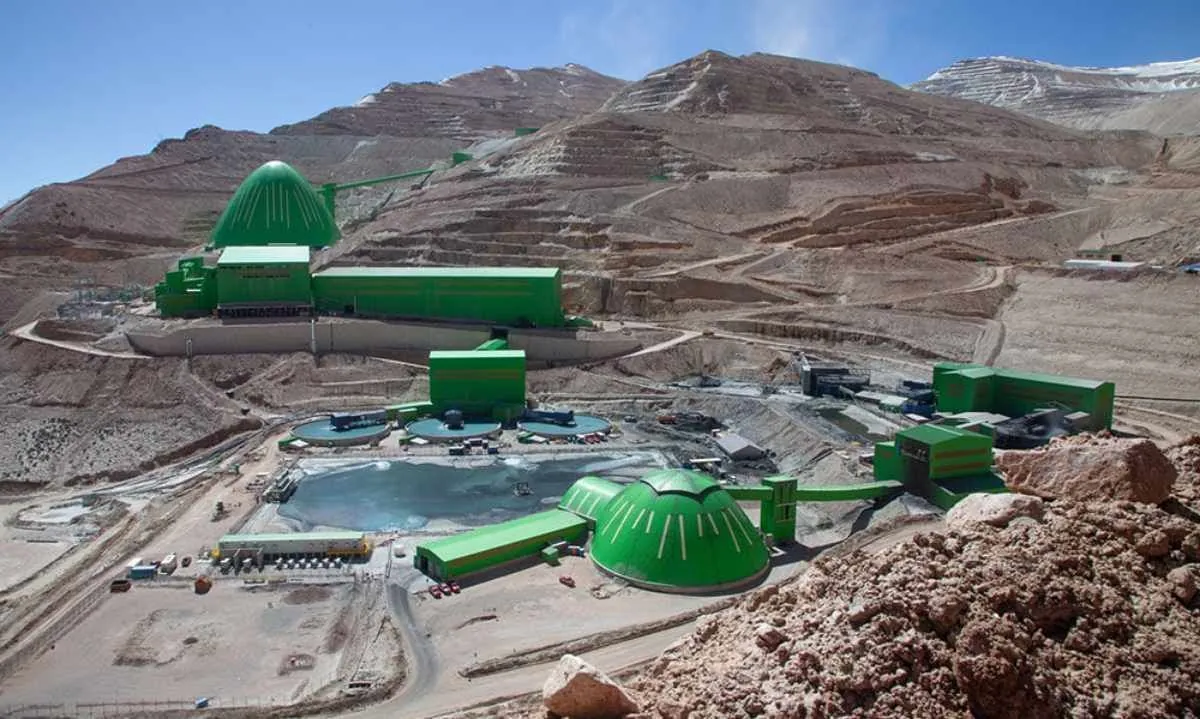Chilean Court Halts Road Blockades by Striking Caserones Mine Union
A Chilean court has ordered striking workers at the Caserones copper mine to cease road blockades. The ruling comes after a complaint by mine owner Lundin Mining, as the strike enters its second week.

In a recent development in Chile's mining sector, a court in Copiapo has issued an order to end road blockades by striking workers at the Caserones copper mine. This decision comes in response to a complaint filed by Lundin Mining, the Canadian company that owns the mine.
The strike, which began in mid-August 2023, has persisted for over a week, causing disruptions at the mine located in the Atacama Region. The court's ruling specifically prohibits the union from obstructing routes that allow workers to access the mine and its internal roads connecting the camp to industrial areas.

The union involved in the strike represents approximately 300 members, constituting 30% of the total workforce at Caserones. In addition to halting road blockades, the court has also banned bus stops and inspections allegedly conducted by strikers, citing concerns over the freedom of non-striking employees to work.
This labor dispute highlights the ongoing challenges in Chile's mining industry, which plays a crucial role in the country's economy. Chile, the world's largest copper producer, accounts for about 28% of global production, with the mining sector contributing roughly 10% to its GDP.
The Caserones mine, an open-pit copper-molybdenum operation, began commercial production in 2014. It is situated in one of the driest places on Earth, the Atacama Desert, known for its clear skies and astronomical observatories. The region's unique geography presents both opportunities and challenges for mining operations.
Labor strikes are not uncommon in Chile's mining sector, often stemming from wage disputes or concerns about working conditions. The industry has also faced issues related to water scarcity and environmental impacts, prompting efforts to increase the use of renewable energy sources and drive technological innovation.
As of August 2024, neither the union nor Lundin Mining has provided immediate comments on the court's decision. The ongoing strike at Caserones underscores the delicate balance between labor rights, industrial productivity, and environmental considerations in Chile's vital mining industry.
"We remain committed to our cause and are evaluating our next steps in light of the court's decision."
This situation at Caserones serves as a reminder of the complex interplay between economic interests, worker rights, and legal frameworks in Chile's mining sector, which continues to be a key driver of the country's economy and a significant player in the global copper market.


































